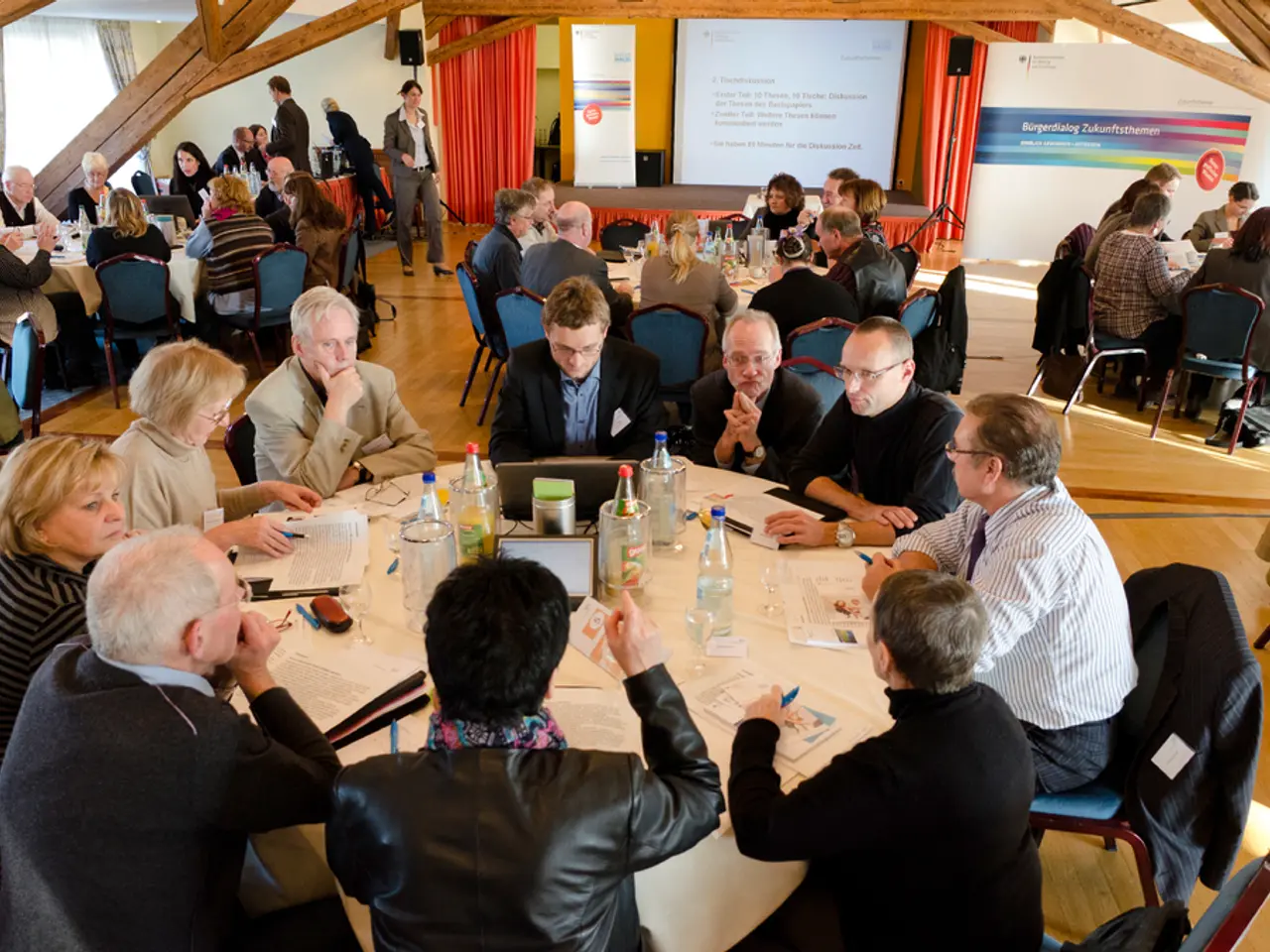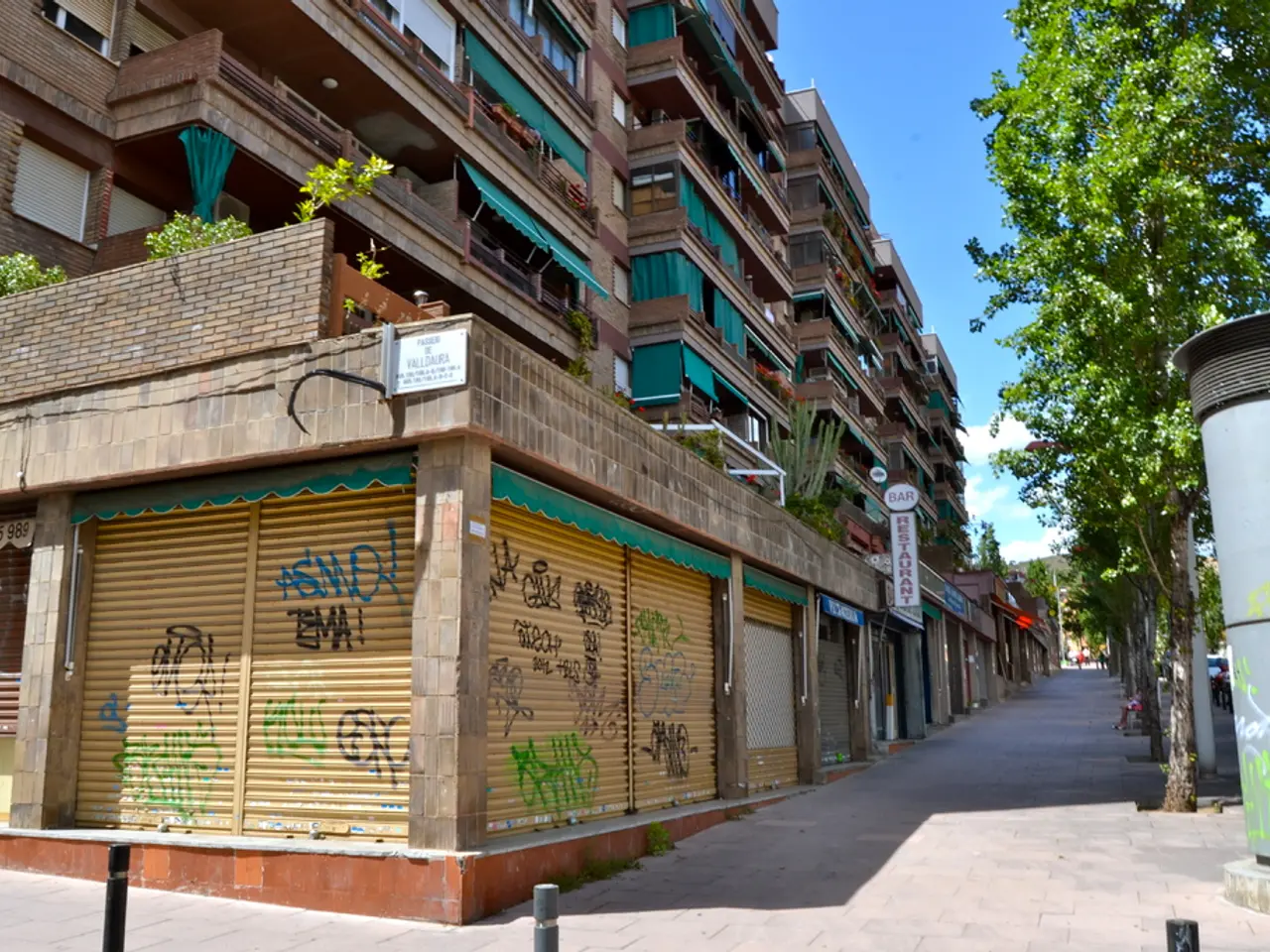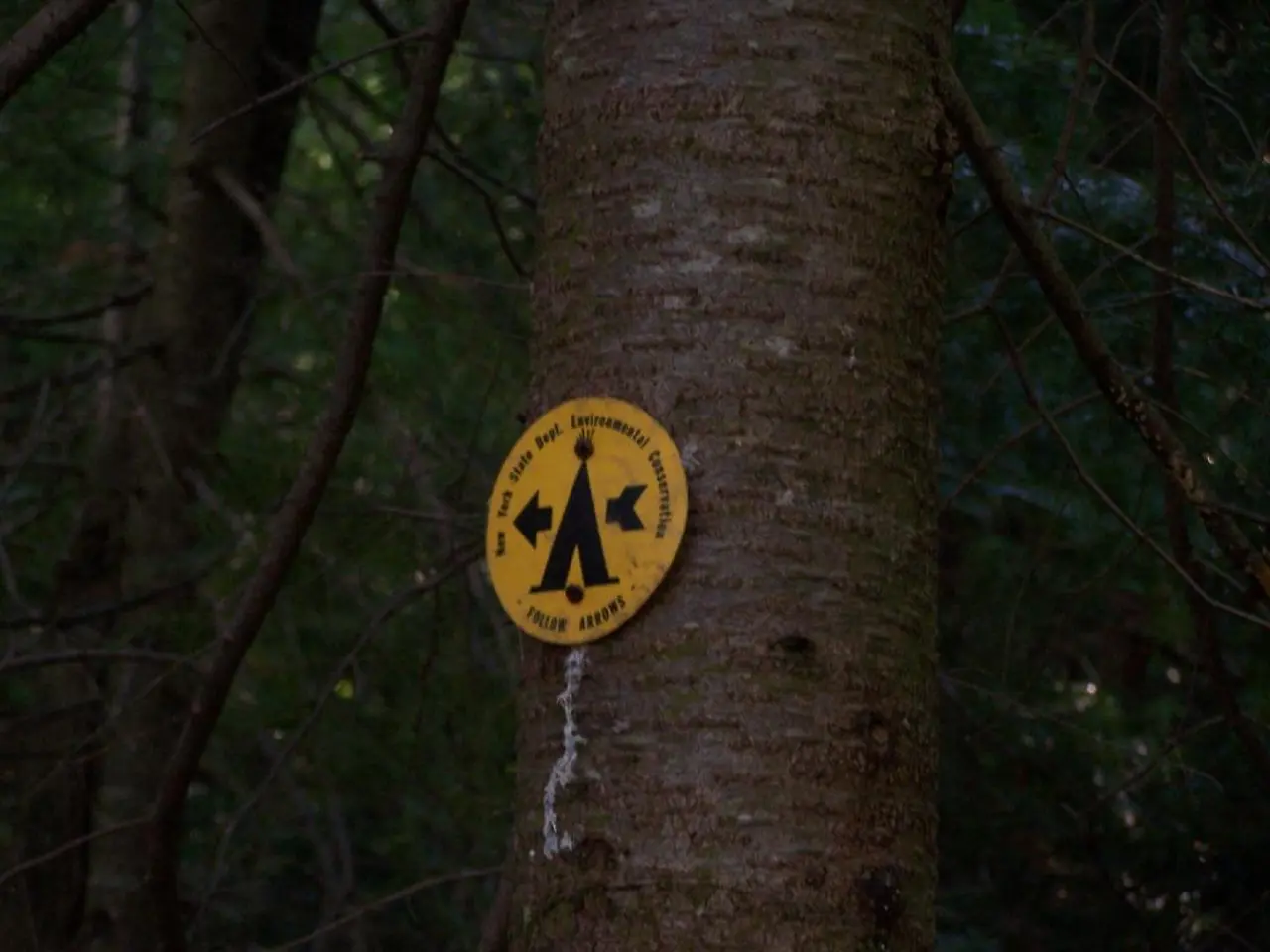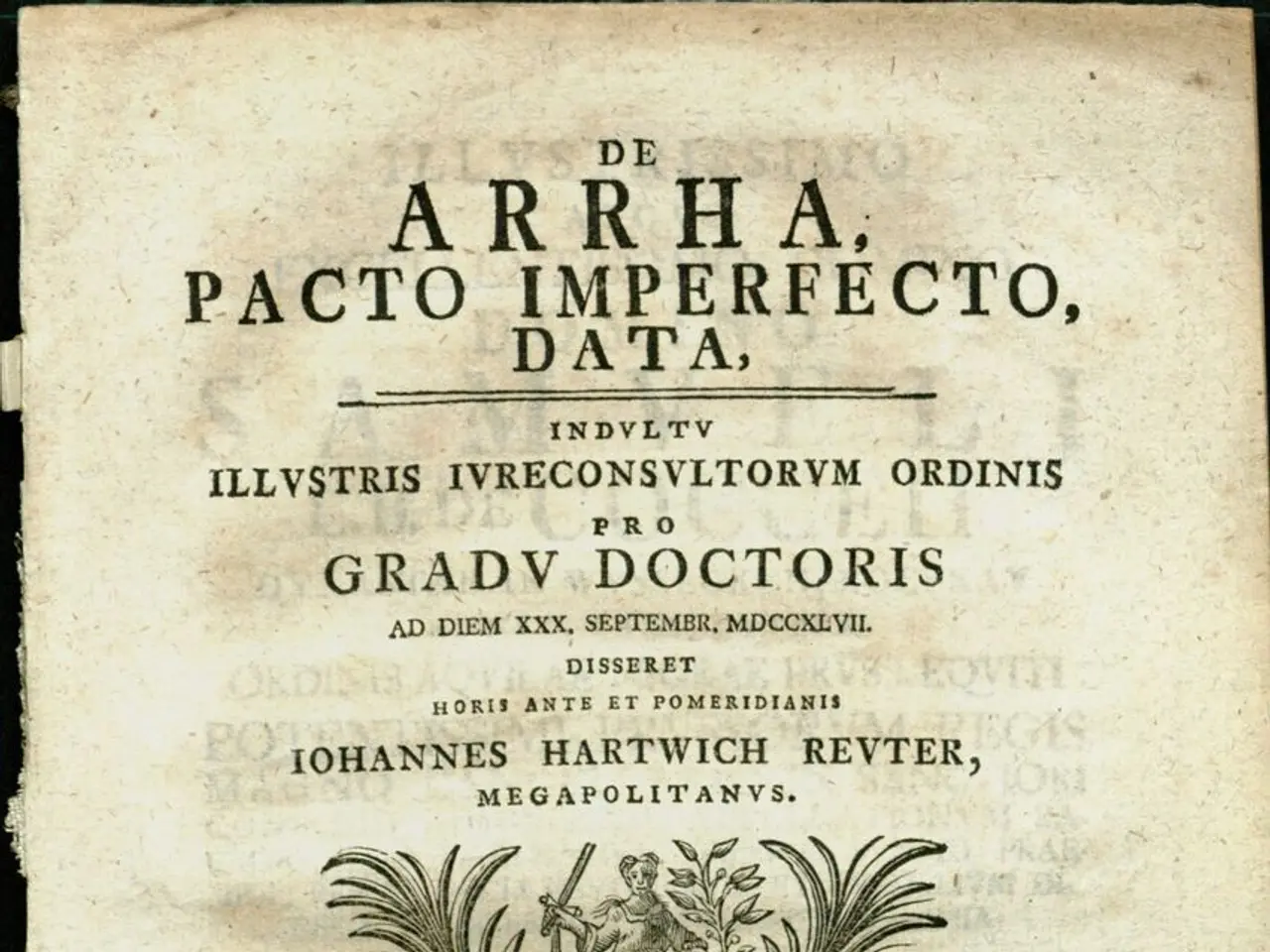Navigating Post-Mortem Clutter: Strategies for Clearing Away Belongings Without Reward-tarnished Rememberances
=====================================================================================
In the aftermath of losing a close family member, dealing with their belongings can be an overwhelming task. This article aims to offer ideas and insights to help make the decluttering process more manageable, respectful, and minimise family disputes.
Start Gradually and Don't Rush
Sorting a lifetime of possessions is emotionally taxing and should be done slowly, avoiding trying to clear everything in one day. Take your time, work room by room, and use checklists or categorization methods to stay organized and focused.
Begin with Less Emotional Areas
Start with spaces like garages or sheds before tackling highly sentimental rooms like bedrooms or living areas. This can help to ease the emotional burden and make the process more manageable.
Handle Important Documents Carefully
Identify and preserve original paperwork like birth certificates, property deeds, insurance policies, and financial statements early in the process. These documents are crucial for settling the estate and should be treated with care.
Include Family Members in the Process
Communicate your plans with relatives so they can express sentimental interests and avoid conflicts. Consider inviting a neutral mediator if tensions arise. Remember, dealing with sentimental items thoughtfully is essential. Some objects may have emotional significance despite lacking monetary value.
Seek Help When Needed
Don’t hesitate to ask other family members or friends for support both emotionally and practically. When one person is solely responsible for decluttering, they need to decide if they want to go through the belongings alone or have someone to help and support them in the process.
Phase the Work
For documents, create initial sorting boxes and then organize them more thoroughly later. This approach can help to make the process less daunting and more manageable.
Consider Professional Appraisals
For valuable possessions, consider seeking professional appraisals if unsure about their importance or value. This can help to ensure that nothing of value is discarded unintentionally.
Integrating the Remainders of a Loved One's Life
Joyce Hocker, Ph.D. suggests integrating pieces of a loved one's belongings into one's daily life. This can help to appreciate the items and keep the memory of the deceased alive.
Alternatives to Keeping Physical Objects
Memories don't have to be tangible. Alternatives to keeping physical objects include taking pictures, making copies, and digitizing. Breaking down items like dresses or blankets can create larger pieces, such as a quilt.
Selling or Donating Items
Selling or donating items that aren't true reminders of the deceased person can help their belongings become a force for good. This can provide comfort knowing that their items are being used and appreciated by others.
The Author's Story
The author, who lost their grandmother, empathizes with the pain of losing a close family member. They wrote a book on downsizing for life transitions, which includes a chapter on decluttering after death. Aimee Dufresne shares her story of the sudden loss of her husband and identifies "time" to declutter as when one feels a glimmer of hope and freedom in their gut at the thought of making space.
Remember, There is No Right Way to Grieve
It's important to remember that there is no right way to grieve. People will experience their grief in different ways, and it's essential to be patient and understanding with yourself and others during this difficult time.
[1] Hocker, Joyce. (2020). The Decluttering Book. New York, NY: Penguin Random House.
[2] Dufresne, Aimee. (2019). The Downsize Handbook. New York, NY: HarperCollins Publishers.
- To make the decluttering process easier, consider starting with less emotional areas of the home, such as garages or sheds, before tackling sensitive rooms like bedrooms or living areas.
- Family members can help in the decluttering process by expressing sentimental interests, avoiding conflicts, and providing emotional and practical support.
- For valuable possessions, it may be beneficial to seek professional appraisals to ensure that nothing of value is discarded unintentionally.
- One strategy to appreciate a loved one's belongings is to integrate pieces of their life into your daily life through, for example, taking pictures, making copies, or digitizing sentimental items.
- Selling or donating items that aren't reminding of the deceased person can help their belongings become a force for good, providing comfort knowing that their items are being used and appreciated by others. Furthermore, the author of this blog, who lost their grandmother, emphasizes the importance of making space in one's home and life during difficult times as a way to find freedom and healing.




